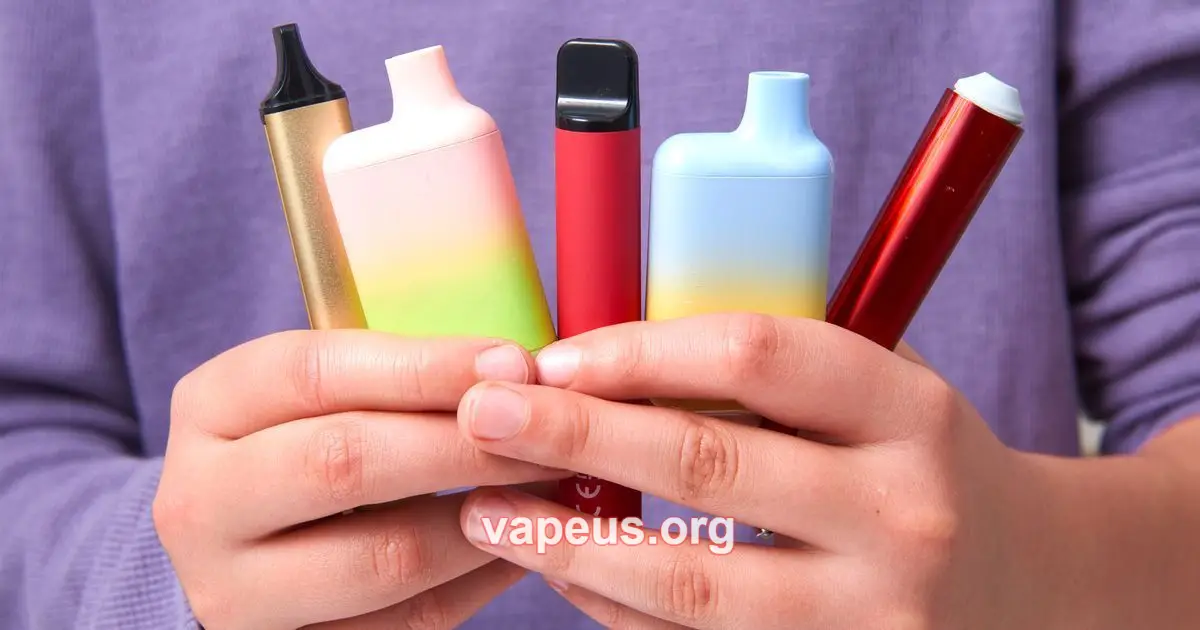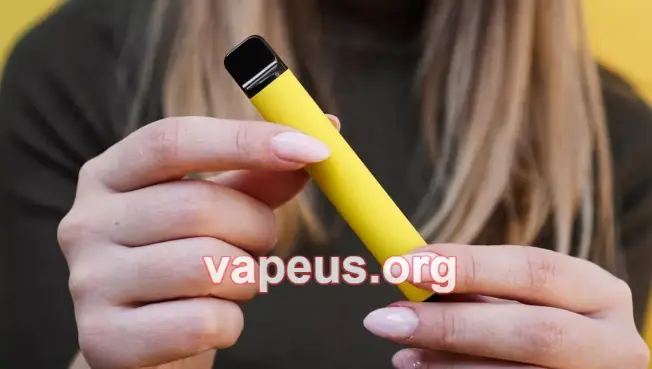The New Vape Tax in Ireland: A Step Toward a "Smoke-Free" Nation
The New Vape Tax in Ireland: A Step Toward a "Smoke-Free" Nation

In recent news, the Irish government announced a new tax on vapes set to take effect in mid-2025. Under the new rules, every milliliter of vape liquid will be taxed at €0.50, a move that is expected to significantly raise the cost of disposable vapes. Estimates suggest that after the new tax is implemented, the average price of a disposable vape will jump from €8 to €9.23, while a 10ml bottle of vape juice will go from €5 to €10.
1. Ireland's Quest for a "Smoke-Free" Future
Ireland has long been at the forefront of tobacco control. As early as 2004, the country passed legislation requiring clear anti-smoking signs in all indoor public places, and it banned smoking in offices, bars, and restaurants. In 2013, the "Smoke-Free Ireland" initiative was launched with the goal of reducing the country's smoking rate to below 5% by 2025, essentially making Ireland a "smoke-free nation."
This ongoing push to reduce tobacco consumption has led many Irish people to switch to vaping as a less harmful alternative to traditional cigarettes. Over the past few years, the number of vape users in Ireland has surged, with a noticeable increase in younger users. In 2023, approximately 8% of the Irish population used vapes, up from 6% the year before. Vaping is especially popular among the 15 to 24-year-old age group, and it’s no surprise given how easily accessible vaping products are in the country.
As Ireland approaches its goal of becoming a "smoke-free" country by 2025, the government has rolled out a series of measures this year aimed at tightening control over tobacco and nicotine products. These include raising the legal age for buying cigarettes, banning tobacco vending machines, offering free nicotine replacement therapies, restricting vape advertising, and regulating the flavors and packaging of vape products. All of these efforts are designed to curb nicotine addiction, with a particular focus on reducing the use of vapes among young people.
2. A More Rational Approach to Smoking
The new vape tax has been generally well-received by Ireland’s political leaders. Prime Minister Simon Harris stated, “About 13% of Irish teenagers have used a vape in the last 30 days. This trend is growing, and the government must act to protect our next generation from the harmful effects of vaping.”
Finance Minister Jack Chambers echoed these sentiments, saying, “This new vape tax is being introduced for public health and disease prevention reasons. Given the increasing number of vape users, the tax rate may be gradually raised over the next few years until it matches the tax rate for traditional cigarettes.”
The Irish Heart Foundation’s director of communications, Chris Massey, also supported the new tax, noting, “Given the sharp rise in teenage vaping in Ireland and concerns that vaping may serve as a gateway for young people to start smoking, it’s crucial to target vaping with specific taxes.”
Interestingly, many vape users in Ireland have said that the price hike might just be the nudge they need to quit vaping altogether. One young woman, interviewed by local media, stated, “I actually support the tax. Anything that makes me stop and think before I buy is a good thing.” She added, “Honestly, I wish the government would just ban vapes altogether. It would make it easier for me to quit. Will this tax change my vaping habits? Maybe. I really want to quit.”
Another young man explained that the new tax would likely encourage him to switch to a more affordable vaping option. “I started smoking when I was 17, then switched to vapes during the pandemic. Now I buy at least two disposable vapes every week, and it’s eating through my wallet faster than my diet. After the new tax hits, I might just go for a reusable vape. It’s cheaper and better for the environment.”
However, not everyone is convinced that the tax will lead to meaningful changes in consumer behavior. Some vape users feel that the price increase won’t make much of a difference. “For those of us who can’t afford a car, a vacation, or even a house, vapes are the cheapest form of stress relief,” said one respondent. “As long as they’re still cheaper than cigarettes, people won’t care how much the price goes up.”
3. The Effectiveness of the New Tax: Still to Be Seen
Unlike in other European Union countries, where there’s typically a three-month public consultation period before such policies are passed, Ireland’s government didn’t give the public a chance to weigh in before the vape tax was approved. The government used emergency powers to push the legislation through quickly, leading to some criticism from stakeholders.
Damien Sweeney, head of the Irish Nicotine Alliance, expressed concern that the tax was rushed through without enough public debate. “This new tax on vapes will make Ireland the country with the highest vape tax in the EU,” he said. “At €0.50 per milliliter, the tax is far higher than the EU average of €0.10 per milliliter. It feels a bit extreme, don’t you think?”
Some critics, including public health advocates from Sweden, argue that the move could be a step backward in terms of tobacco harm reduction. Deron Herman, a leader in Sweden’s anti-smoking movement, argued that taxing vapes in such an aggressive manner could backfire. “Sweden used to have a major smoking problem, but by reducing taxes on alternatives like vapes, snus, and nicotine pouches, and combining that with strong public health policies, Sweden now has one of the lowest smoking rates in the world. Ireland should follow this model to help people quit smoking, rather than penalize those trying to quit by taxing their alternatives.”
The "Respect Vaping" advocacy group raised similar concerns, warning that the new tax could drive users back to traditional cigarettes or encourage people to buy vapes from unregulated sources. “The real winner here will be the black market,” said a spokesperson for the group. “We’re already seeing an increase in tobacco smuggling in Ireland. In 2023 alone, the illegal tobacco trade resulted in a loss of over €422 million in taxes for the government.”
Indeed, the issue of illicit tobacco trade is a growing problem in Ireland. According to the Irish Tax Office, the government has been stepping up its efforts to combat the smuggling of tobacco products, working closely with the EU Anti-Fraud Office, Europol, the World Customs Organization, and the Irish police to boost enforcement capabilities.
4. The Future of Vape Taxation in Ireland
While the government’s move to impose a hefty tax on vapes is undoubtedly a bold step in its ongoing anti-smoking efforts, it remains to be seen whether it will achieve the desired results. Some experts believe that it could push more people to quit vaping, while others worry it might backfire by encouraging people to turn to less regulated, potentially more dangerous alternatives.
One thing is for sure: Ireland’s new vape tax is likely to spark ongoing debates about the best ways to balance public health goals with personal choice, especially in a world where vaping has become such a prominent part of youth culture.



